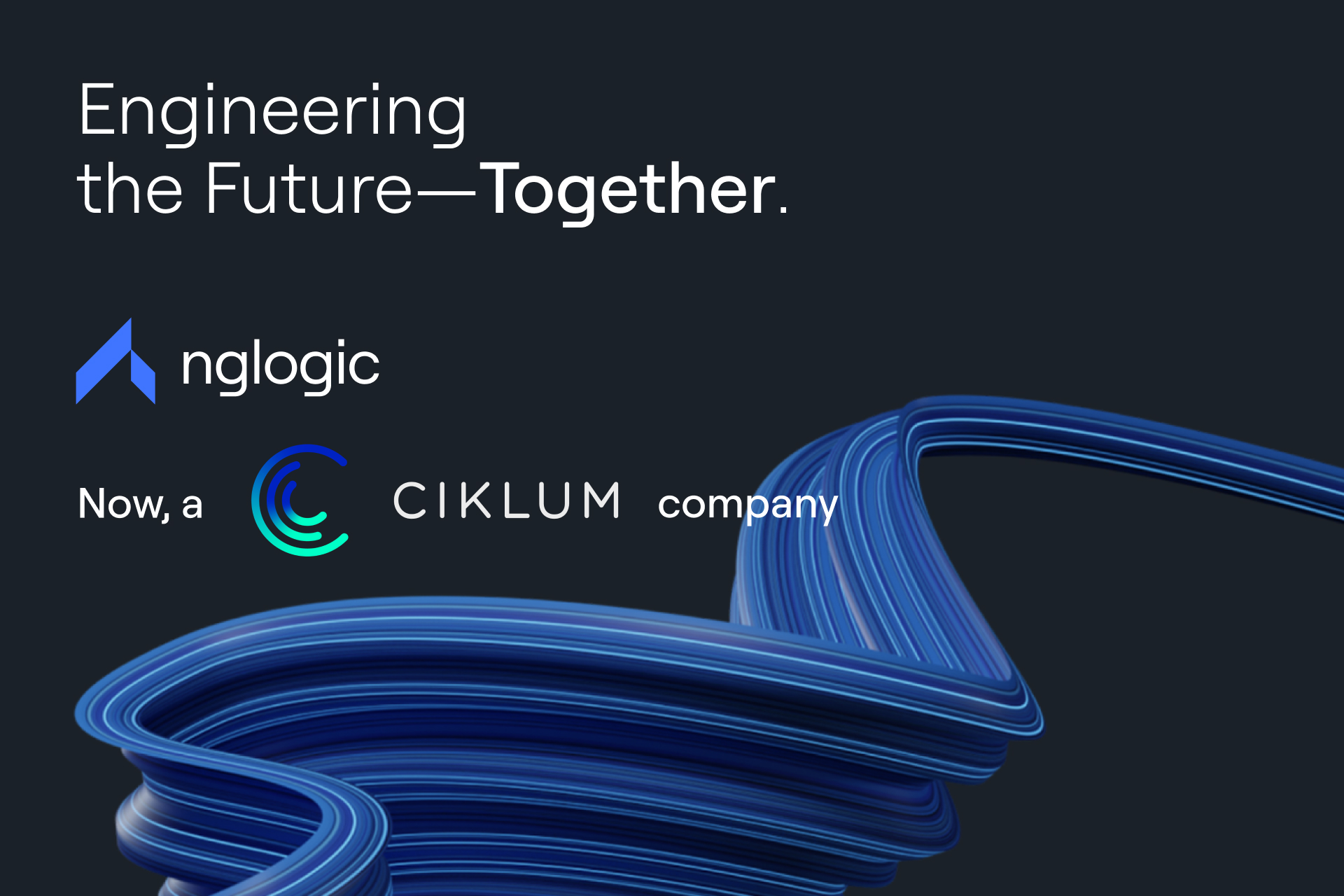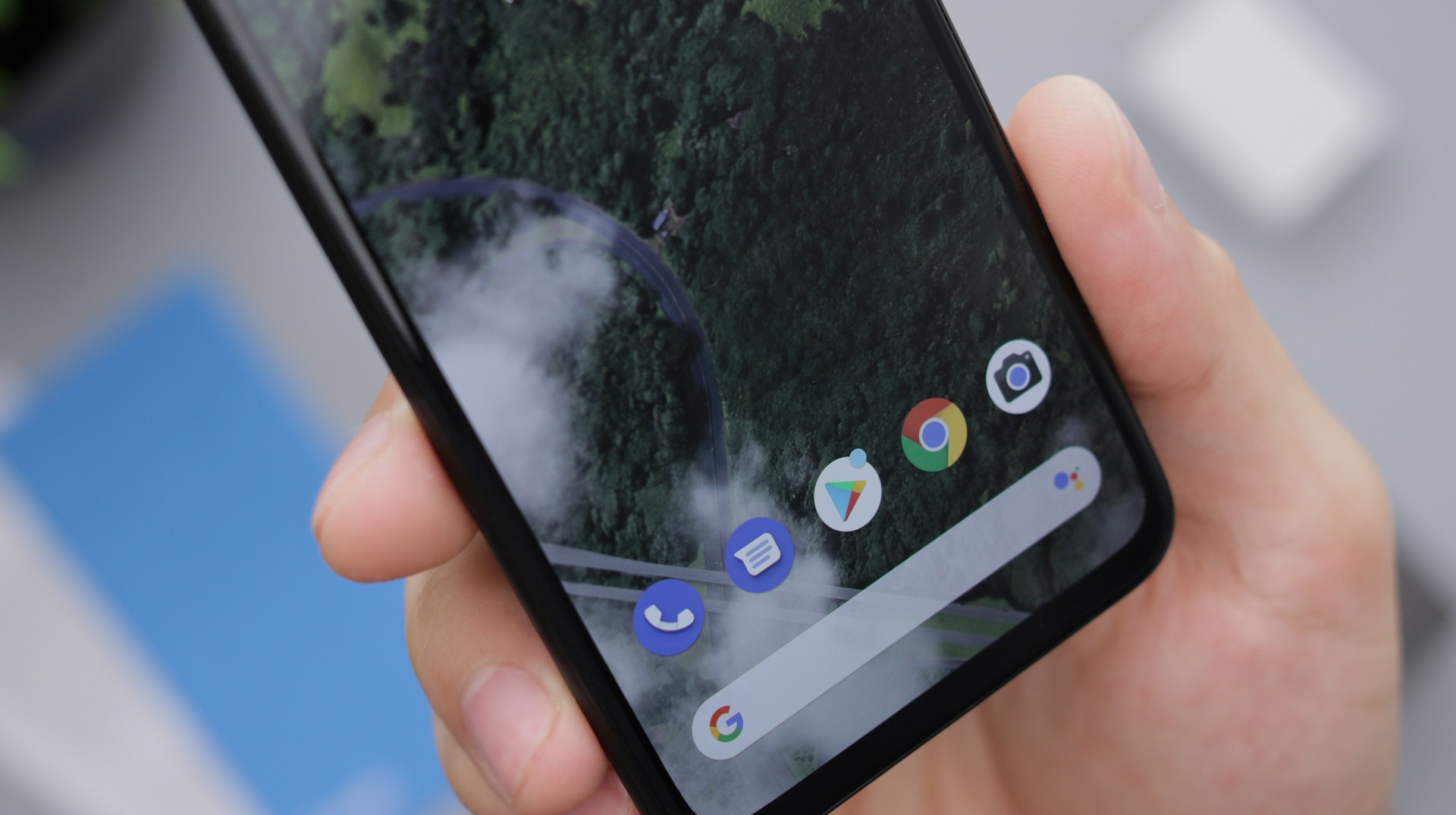Smart technologies are transforming the retail industry at an increasing rate. Brick-and-mortar stores are going digital to drive more sales and keep up with the competition. Find out about top solutions fueling retail growth and how they can benefit your business.
Blockbuster, Borders, Barnes & Noble, Sears, and Toys R Us are but a few in a long list of well-established retail brands that failed to succeed in the digital transformation. Unwillingness or inability to embrace technology forced many hitherto prosperous companies to scale down or sell out. Stores too bent on staying brick-and-mortar without seriously upgrading in the digital domain have been pushed aside by startups and traditional businesses that chose to innovate.
Companies that decided to leverage cutting-edge solutions entered the path of rapid development and have been staying far ahead of the competition stuck in the outdated paradigm. Prime examples include Auchan, the French supermarket chain that partnered with Cloudpick in 2021 to transform its Auchan Go convenience stores into fully automated smart stores, and Amazon, which spearheaded cashier-less grocery stores already in 2016, launching its Amazon Go chain.
With competition pressing, more and more brick-and-mortar stores are switching their business model to smart retail to reduce their costly dependence on staff, enhance the consumer experience, and increase revenue. But what exactly is smart retail?
Smart retail – what is it, and how does it impact the retail sector?
Smart retail is a concept based on upgrading physical stores with technological functionality to optimize business processes and improve the in-store experience for customers. The approach involves a range of hardware and software solutions, including IoT sensors, RFID tags, point of sale (POS) terminals, intelligent vending machines, supply chain management and inventory tracking devices, web and mobile applications, data-based customer behavior analysis, sales, and demand forecasting, leveraging machine learning (ML) and artificial intelligence (AI) algorithms to improve customer experiences and stay tuned to changing customer expectations, as well as deploying virtual reality (VR) and metaverse technologies to enable a more immersive interaction with a brand or a product.
Retailers worldwide increasingly adopt smart retail technologies in one form or another. Some implement full-fledged IoT-based systems, while others simply develop their online sales channels and digital marketing strategies. According to BDO’s survey conducted in the fall of 2019 prior to COVID-19, 45% of US retailers made significant investments in e-commerce while 36% did the same in the field of mobile commerce.
The pandemic only accelerated the pace of business digitization in the retail sector and other industries. A recent report from Meticulous Research predicts that the smart retail market will hit $91.36 billion by the end of this decade at a CAGR of 22.4% from 2023 to 2030.
Top smart retail solutions
Smart technologies have been helping retailers adapt to changing consumer demands and drive sales. With new software and hardware solutions, businesses have plenty of opportunities to level up and scale. Here are some of the most popular ways to digitize a physical store or charge up a hybrid or purely online business.
Loyalty apps
Loyalty apps have become a common component of customer experience. In the smart retail era, they remain a proven tool for boosting customer retention. Loyalty programs enable businesses to offer customers personalized discounts and promotions based on their preferences and purchase history, keeping them satisfied and “faithful” to the brand.
Common strategies include reward points, tiered loyalty with benefits depending on the spending level, paid loyalty with customers paying a subscription fee for VIP membership, and referral and partner programs. According to Gartner’s analysis, 71% of retail brands use loyalty solutions to boost performance.
Self-checkout
Self-checkouts (SCOs) are all the rage in the retail industry – as are other staffless solutions, including beverage or vending machines, enabling businesses to reduce their reliance on human workforce along with costs. Self-service points of sale have become prevalent in high-volume supermarkets. They are also more and more widespread in convenience stores. For a hassle-free experience, many machines are supervised by staff members ready to assist customers with processing transactions.
Front office chatbots and virtual shopping assistants
Chatbots are now a standard tool for streamlining customer interactions. They enable handling queries 24/7 without engaging staff. Retailers benefit from cost-efficiency, while store users enjoy the convenience of being able to get answers any time they want.
AI-powered virtual shopping assistants are next-level chatbots designed to deal with various types of requests and enhance customer experience even more. A notable example of a virtual assistant is Alexa Voice AI, available on Amazon’s Echo devices and in the Amazon app on mobile devices. Other companies using VSAs include Alibaba, H&M, LEGO, Levi’s, and Sephora.
CRM systems
Another, more complex MarTech solution embraced by smart retailers are customer relationship management (CRM) systems, currently making up one of the biggest software markets worldwide. CRM platforms, such as Salesforce, HubSpot, Creatio, or Freshworks, provide enterprise-level and SME businesses with a range of tools to keep customer data organized and available for insights. They facilitate efficient consumer behavior analysis and things like building better sales strategies, improving customer retention, providing shoppers with more personalized experience, enhancing data security, and more.
Magic mirrors and smart fitting rooms
A digital mirror (AKA a smart mirror or magic mirror) is an augmented reality technology dedicated to fashion and beauty retailers and a core feature of smart fitting rooms. Typically, it’s a free-standing console with a digital touchscreen mirror that allows you to virtually try on various clothes, adjusting colors, patterns, and styles.
Digital mirrors are both fun and convenient. They allow consumers to experiment with different clothing options without the hassle of putting on a physical product or asking for help from store assistants, provide a more immersive experience, and build customer loyalty to a brand that makes shopping easier.
In-stream selling
Livestream shopping is having a heyday. In the US, the market is predicted to reach $68 billion by 2026, while in China, it has literally exploded, having grown from $3 billion to $171 billion in 2017-2020. For TikTok, which struck a partnership with Shopify in 2020, in-stream selling, supported by other e-commerce tools, has become a key revenue driver.
YouTube followed in the Chinese giant’s footsteps and integrated with the same platform in 2022, allowing brands and content creators to offer their products online through in-stream selling features. Users can make a purchase by clicking anchors embedded in the video or a button in a dedicated tab on their profile page.
Key advantages of smart solutions for the retail sector
With a variety of automated systems, smart retail technology provides companies with plenty of opportunities to streamline business operations and increase consumer satisfaction. Below are key smart retail’s benefits for companies across the sales industry.
Easy and cost-efficient inventory management
With retail-focused IoT solutions based on barcode scanners, smart tags, QR codes, near-field communication, and dedicated applications, store managers can automate most aspects of inventory management. From point-of-sales, through inventory counting apps, to sales tracking, smart retail solutions allow you to eliminate many time- and cost-consuming manual processes and help brick-and-mortar stores adapt to a new digital environment.
Effective demand forecasting and planning
Smart retail solutions yield tons of valuable data that can be fed to ML/AI systems to provide valuable insights into consumer behavior and changing market trends. Accurate demand forecasting is essential for efficient inventory management, preventing stockouts, optimizing storage space, well-targeted marketing, and successful business planning that will keep you ahead of the competition.
More personalized customer experience
Using IoT solutions, such as beacons, radio frequency identifiers, and geofencing, enables hyper-targeted marketing and reaching customers with more personalized offers. Also, shopper behavior data sourced from various smart retail systems allows for engaging with consumers more effectively, thanks to more personalized interactions and spot-on recommendations.
Data-driven price optimization
Providing customers with competitive prices is a key factor of success for a retail brand. Collecting and analyzing relevant data with optimization algorithms that include cost-related information and inventory levels allows you to stay on top of the market developments and adjust your offer accordingly, lower or increase prices, and craft efficient marketing strategies to maximize your revenue.
Reduced risk of human error
Traditional record-keeping, stock management, and even marketing operations are fraught with a high risk of human error. Digitizing your retail business minimizes risk factors across the entire supply chain. Adopting IoT and martech solutions, automating data collection, and deriving insights from ML/AI-powered analysis allows you to save time and costs necessary to correct human mistakes, ultimately contributing to higher revenue for your company.
Smart retail solutions for your business
With many retailers investing in digital transformation, upgrading your business with smart retail technologies is as much beneficial as it is necessary to keep pace with the competition. Whether you run a brick-and-mortar store, a hybrid (offline and online) enterprise, or a “pure” e-commerce that you’d like to tweak for better performance, you can leverage a variety of smart retail solutions for:
- efficient analytics and personalized marketing,
- creating omnichannel synergy,
- combining in-store and online shopping experiences,
- increasing conversions at each stage of the customer journey
- providing your customers with constant access to products and services,
- business scaling and boosting sales.
If you need advice on how to use smart retail solutions for the benefit of your business, contact us any time. We’ll gladly dive into details and provide you with the best assistance.














 +1 (888)
413 3806
+1 (888)
413 3806